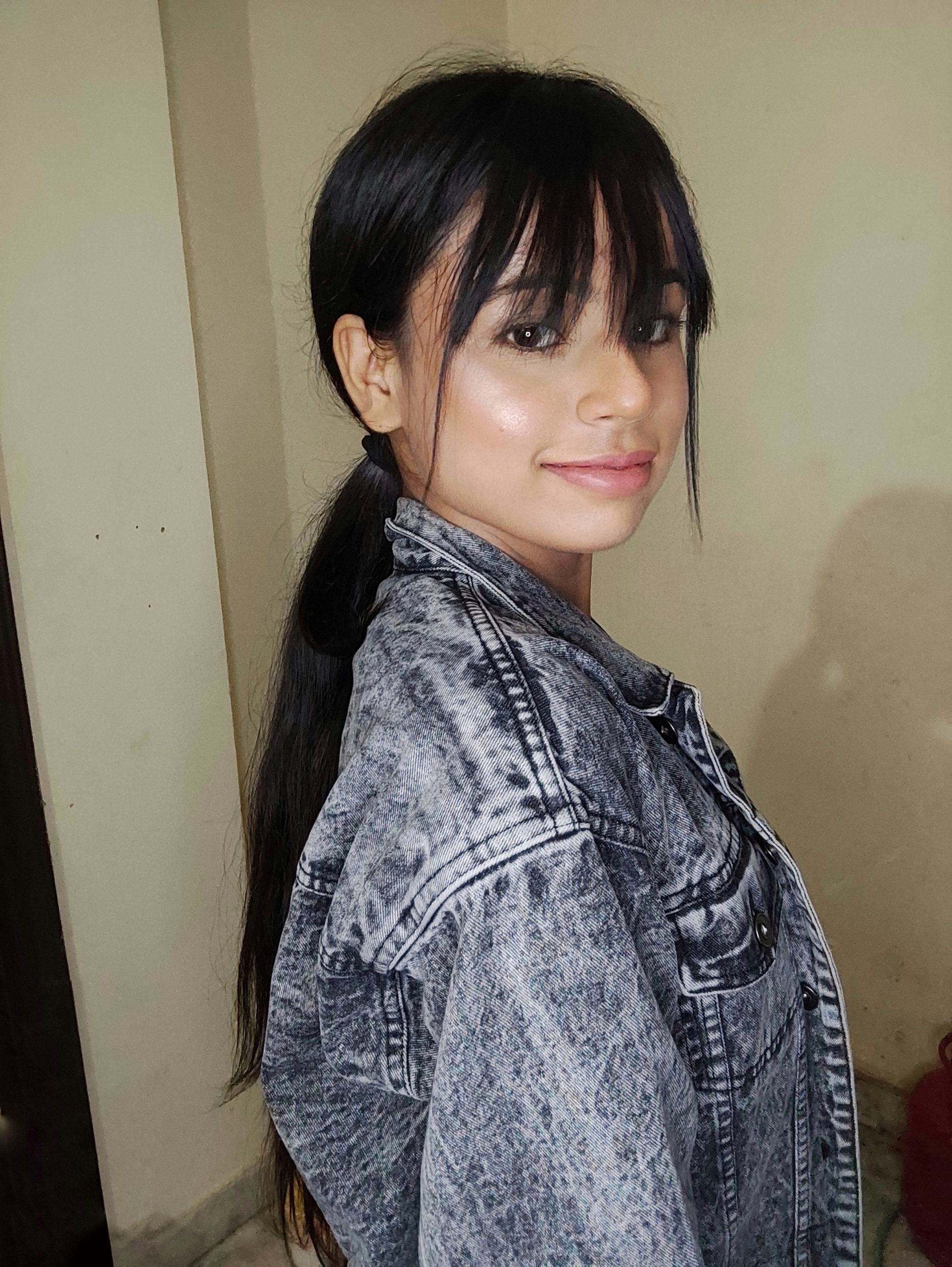Table of Contents

AIIMS chief Dr. Randeep Guleria said the delta plus variant, a mutated version of the more aggressive B.1.617.2 strain that triggered the second wave of infection in India, is undergoing an additional mutation called K417N, which if unchecked is “a concern”. kind of”. Guleria said that India needs to learn from the UK where such cases are increasing.
What did Dr. Randeep Guleria said?
Dr. Randeep Guleria said India could see a faster surge if aggressive Covid-appropriate behavior is not followed. He also insisted on aggressive surveillance to guard against any spike in the Covid cases following unlocking in parts of the country.
Delta plus is a variant that is of the same lineage as the delta variant, with a minor change because another mutation has been found, which may be a cause for concern because this mutation, K417N, is something that can turn the virus into something else. as far as its infectivity is concerned.
What we need to do is observe. Currently, the WHO has said that this is a variant of interest but it could become a variant of concern because currently, the number of cases is less. Will this Delta plus again become the dominant variant that is something that we need to observe over the next few weeks,” said Dr. Randeep Guleria in an interview with NDTV.
Also, read- The UK says Delta Strain found to be 60% More Transmissible
Dr. Randeep Guleria Explanation about B.1.617.2 Variant
- The B.1.617.2 variant is characterized as being highly infectious.
- The spike protein is what helps the virus enter and infect human cells, and the K417N mutation has been associated with immune escape, or evasion, that leaves it less susceptible, or more immune, to the vaccine or any form of drug therapy.
- Dr. Randeep Guleria said that we don’t need to take this virus casually. We need to understand this virus is changing and changing to survive and infect more and more people, therefore we have to be aggressive and try and be ahead of the virus.
- The UK did a very good job by having an aggressive lockdown for many many months and when they started opening up, the new variant, the delta variant, caused the surge in a number of cases.
- What it means is we are also in a similarly vulnerable situation and if we are not careful right now then 3 or 4 months from now, we will again have a similar situation and that is why we need to be very aggressive; it is mutating, changing, new variants are coming up,” said Dr. Guleria.
- There is a need to ramp up genome sequencing, said Dr. Guleria, to see if there are more Delta or Delta plus cases and how the virus is behaving in terms of these two variants in the community.
Dr. Guleria further said We need aggressive genome sequencing to see how the virus is behaving. Does the vaccine efficacy come down, does the monoclonal antibody treatment work? To do all of that, we need to have a large or very good network of labs to study the data. I think that’s where to move in the next few weeks. And that’s the new frontier we need to develop if we want to succeed in our fight against Covid.
The government, on its part, has said the Delta plus variant had been around since March this year. It is not, however, a variant of concern at this point, Dr. VK Paul, Member (Health), NITI Aayog, said. “Its presence had been detected and submitted to the global data system,” he added.
Anurag Agrawal, Director of Delhi’s CSIR-Institute of Genomics and Integrative Biology (IGIB), said there is no cause for concern as reports of the new variant are still low and there is no indication, as yet, about the severity of the disease.
For daily news updates related to finance, business and sports keep following our portal Daily News Capsule

Nikita Dhyani is a passionate writer. She basically writes on Health, Finance, and Politics related topics. She has explored many areas of interest and is being a part of the journalism industry.
